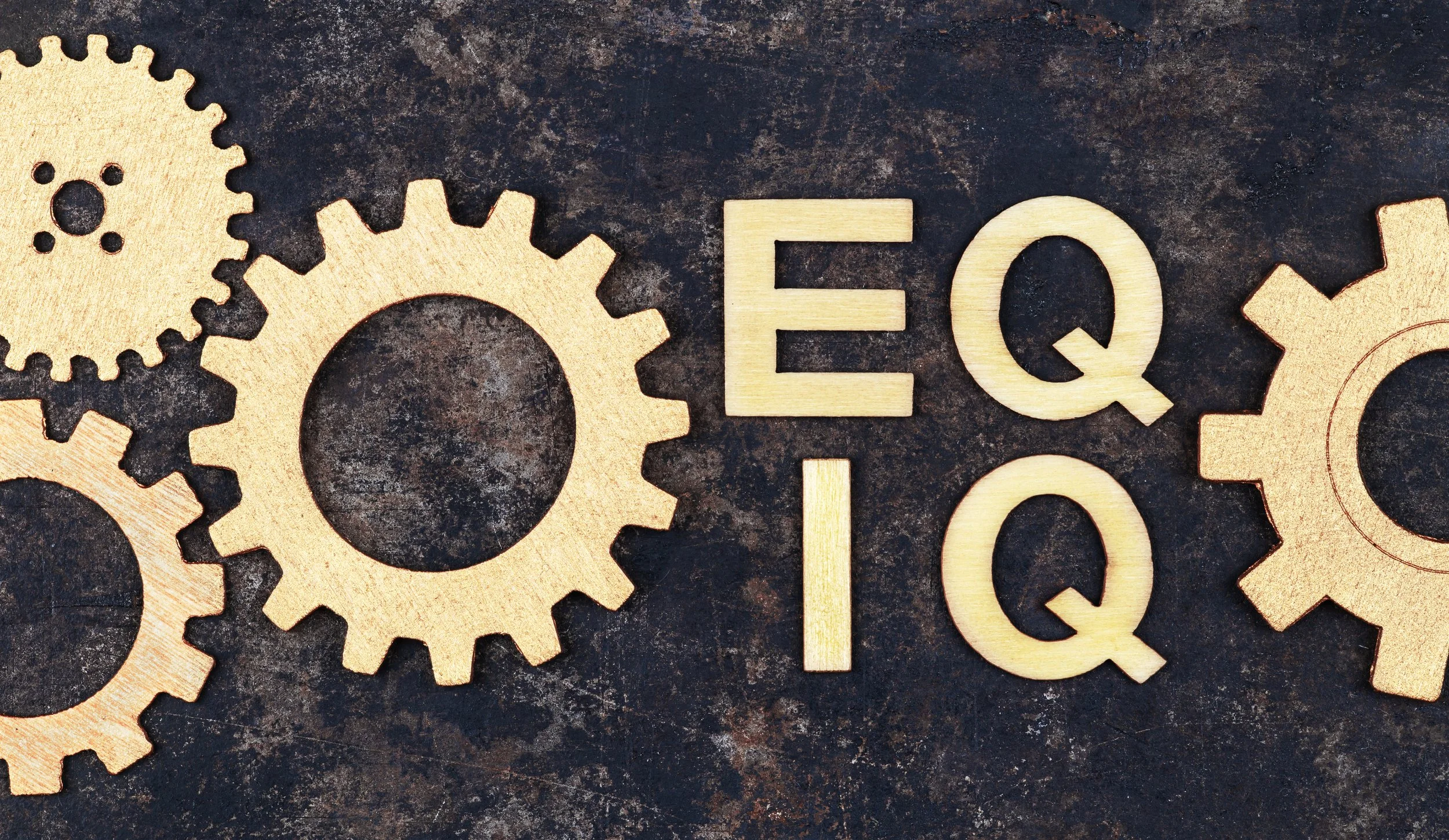Unlocking Success: The Power of Emotional Intelligence in the Workplace
Thrive Micro-Action Challenge: Social Awareness. The next person you speak with, I want you to be open, present, curious, and actively listen to understand that person’s perspective. Social awareness is an understanding others' emotions and being open to new perspectives, which fortifies relationships and builds empathy.
Introduction
So, Why the challenge? Social Awareness is one of the characteristics of emotional intelligence (or EQ). Awareness of others is essential in developing empathy, and building strong interpersonal relationships. Emotional intelligence is distilled into 2 categories, self-awareness and awareness of others. We will go into more detail in this article. Emotional Intelligence (EQ) has become a pivotal factor in achieving professional success. Unlike IQ, which measures cognitive abilities, EQ assesses how well individuals understand and manage their own emotions and those of others. High EQ significantly influences performance, leadership, and organizational success in today’s dynamic work environments.
Core Competencies of Emotional Intelligence
Self-Awareness: Understanding one’s emotions, strengths, and weaknesses. High self-awareness leads to better decision-making and problem-solving.
Self-Management: Controlling emotions and adapting to changes. Essential for maintaining professionalism and effectiveness under pressure.
Social Awareness: Understanding others' emotions and social dynamics. Enhances empathy and strengthens interpersonal relationships.
Relationship Management: Building and maintaining healthy relationships, effective communication, inspiring and influencing others, teamwork, and conflict management.
Benefits of High Emotional Intelligence in the Workforce
Enhanced Leadership: Leaders with high EQ can better motivate and engage teams. The Center for Creative Leadership found that 75% of derailed careers are due to emotional competency issues.
Improved Team Performance: Teams with high collective EQ perform better. Google’s Project Aristotle highlighted that psychological safety, driven by social awareness, is key to team success.
Increased Job Satisfaction: High EQ correlates with higher job satisfaction and lower turnover rates. TalentSmart's study revealed that 90% of top performers have high EQ.
Better Decision Making: High EQ helps in managing stress and making rational decisions, leading to more effective problem-solving.
Enhanced Communication: High EQ improves both verbal and non-verbal communication, leading to clearer and more effective exchanges.
Case Studies and Data
Google’s Project Aristotle: Psychological safety, influenced by social awareness and relationship management, was identified as the most important factor in team success.
Johnson & Johnson: Managers with higher EQ outperformed their peers, significantly impacting the company’s bottom line.
TalentSmart Study: EQ accounts for 58% of job performance across all roles, and individuals with high EQ earn $29,000 more annually on average.




